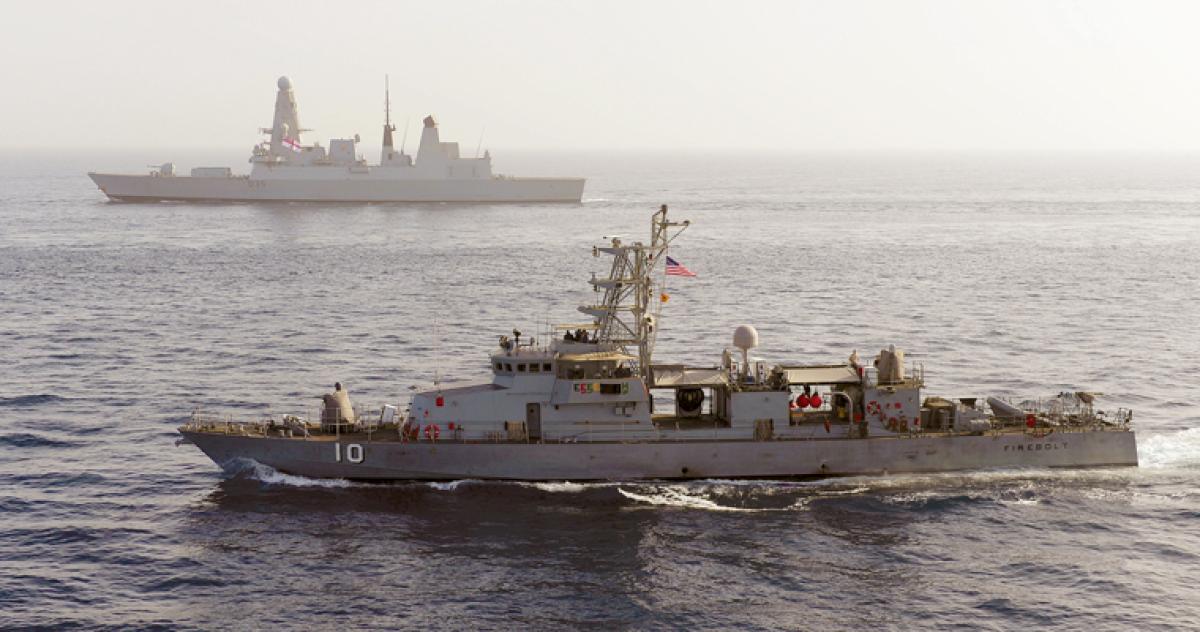Like the coffee that flows through the veins of a sleep-deprived surface-warfare officer, Sea Swap provides an initial burst but then leaves nothing in the system but wreckage and bitterness. The rotation of crews through ships is a trap, a superficial answer to the Navy’s desire to extend the staying time of its surface platforms that will only result in greater cost. Its gains are a mirage, savings bought at the cost of ship life and maintenance. The “renter’s” phenomenon (natural disregard without ownership), ships’ individual personalities, and decreased vessel life should be the final nails in Sea Swap’s coffin.
In the January Proceedings, Navy Reserve Lieutenant Johannes Schonberg cites the rental-car industry as a sign of Sea Swapping’s potential, but the problem with this model is precisely the lack of ownership. In a naval vessel, the renter problem involves Game Theory’s “tragedy of the commons,” in which players maximize their immediate benefit at the expense of a resource’s health due to costs being communal and, thus, indirect for individuals. Most people who rent cars are prevented from egregious abuses by contracts that specify major costs, while no proactive work is done to maintain the condition of the vehicle. It is driven hard, with little of the love necessary to keep an automobile in true running shape.
In a Game Theory scenario involving ownership, the cost of maintenance is offset by the long-term direct benefit of results. Unfortunately, when crews rotate through many ships, both the benefits of maintenance and consequences of their absence enter the commons, so the games of individual players take priority. In a ship, this means general readiness is sacrificed or passed from one crew to the next.
On submarines, the only reason Sea Swapping functions at all is the threat of the boat becoming a car compactor for humans or a glow-in-the-dark coffin. There is also the added benefit of having two dedicated crews to a single ship—a cost that an already personnel-strapped surface fleet will be unwilling to incur. Sailors are extraordinary, but they are not immune to subconscious cost-benefit analysis. For surface vessels, the renter problem is a major hit against Sea Swapping.
Sea Swapping has only succeeded with extremely small, simple vessels such as the Island-class Coast Guard cutter. After suffering the Sea Swap beating, patrol craft will end the crew dance in favor of permanent-station changes to the theater.
Ultimately the Sea Swap model will fail because the ship itself rejects it. Sailors refer to their vessels as “she” to anthropomorphize something that to them has become a personal relationship. The ship’s personality is real: her quirks, missed turnover items, and minor details build over time as crews cycle through. As one example, on the USS Zephyr (PC-8), the rudder stopped responding to the helm in Little Creek, Virginia’s, exiting channel. Over a period of months, possibly years, several crews had sailed with a critical metal key missing underneath the hand wheel. Only fate and weight moved the column and wheel together; but then fate ran out. Every turnover compounds interest on each little missed detail.
A Rube Goldberg solution to a simple problem, Sea Swap has proved too unstable for long-term practice and, for what is expected of it, goes against the basic subconscious cost-benefit analysis of those who operate in its context. If the Navy were willing to bear the cost of treating ships as consumables—longer station time for shorter lives, with more equipment casualties—then Sea Swap might be appropriate. However, that is not the case.
The best solution for on-station time is that of the patrol craft: Abandon crew swapping for permanent stationing of ships in a given theater. Whatever technical or management practices are developed to ease crew tasking should be applied to the overall manning problem. Personnel can coordinate with shore facilities that will aid, not replace, crews. Sea Swapping is personnel management’s “computer-based training” moment: Unless the Navy wants to face an even greater disaster, we should let it go.



